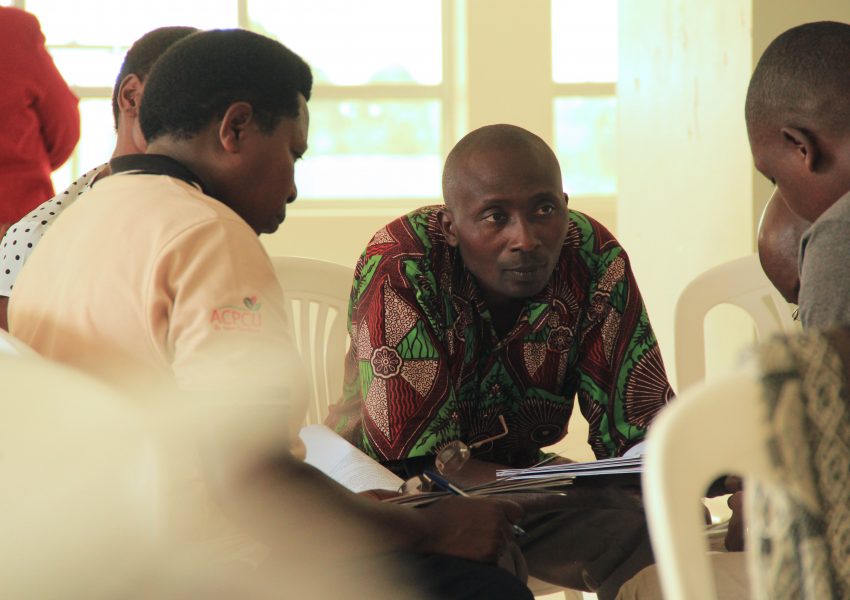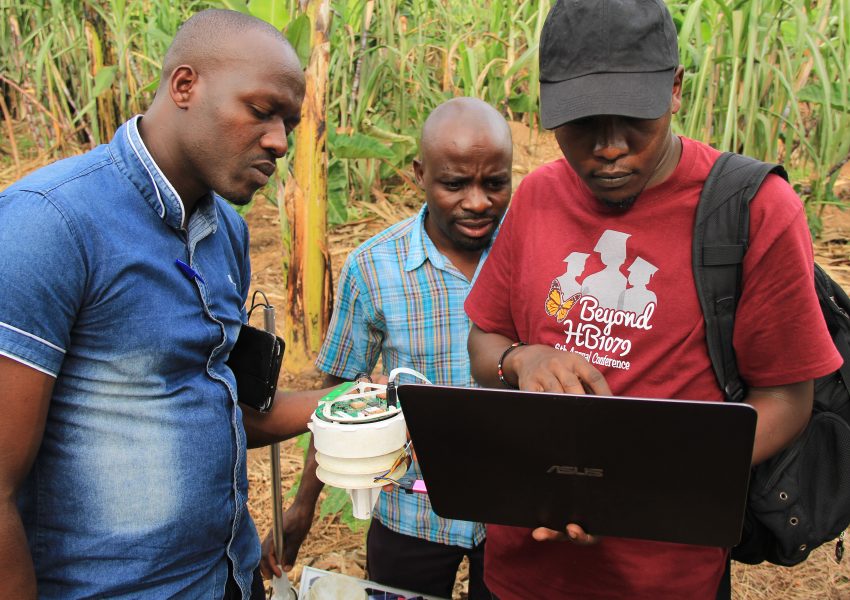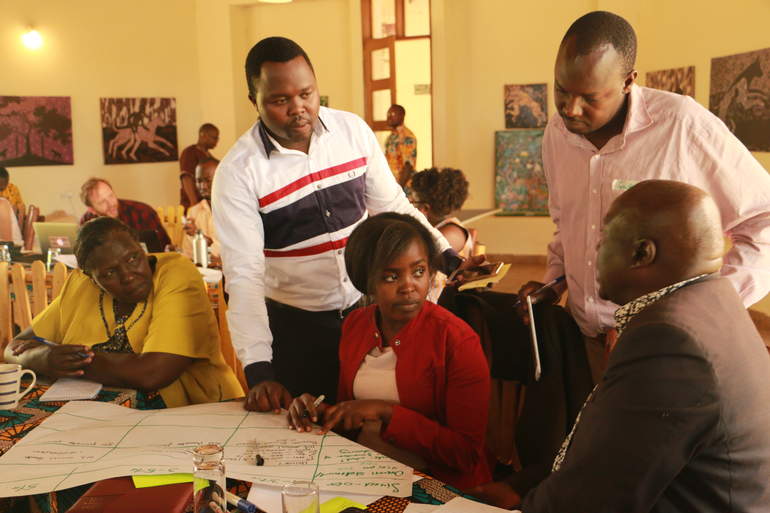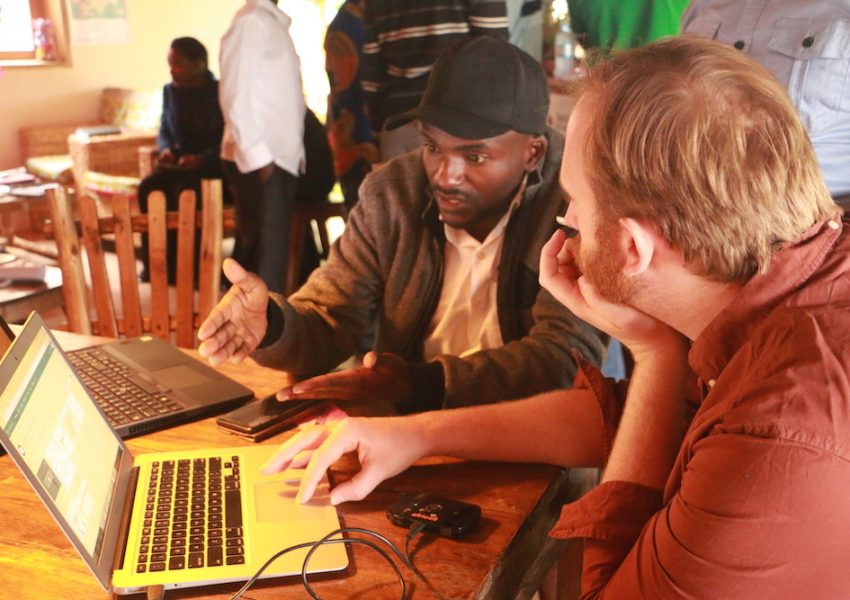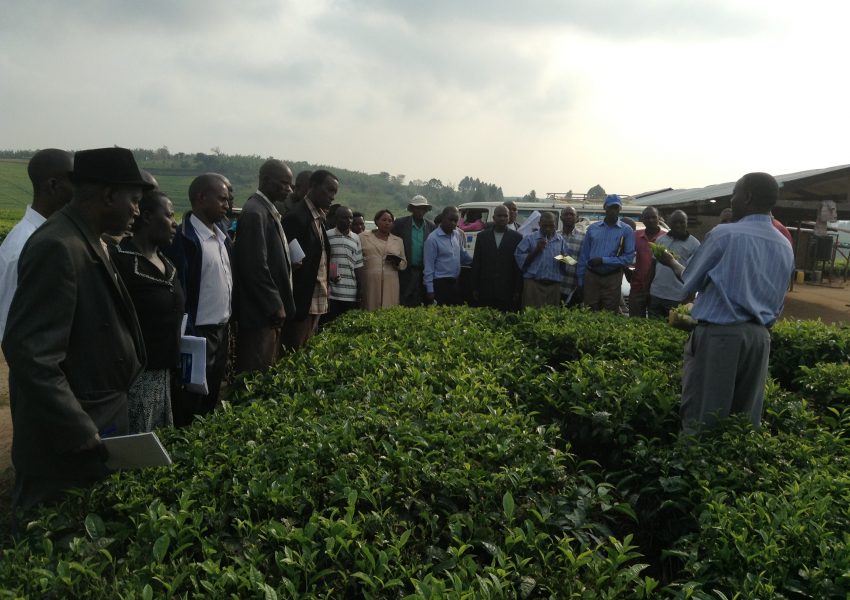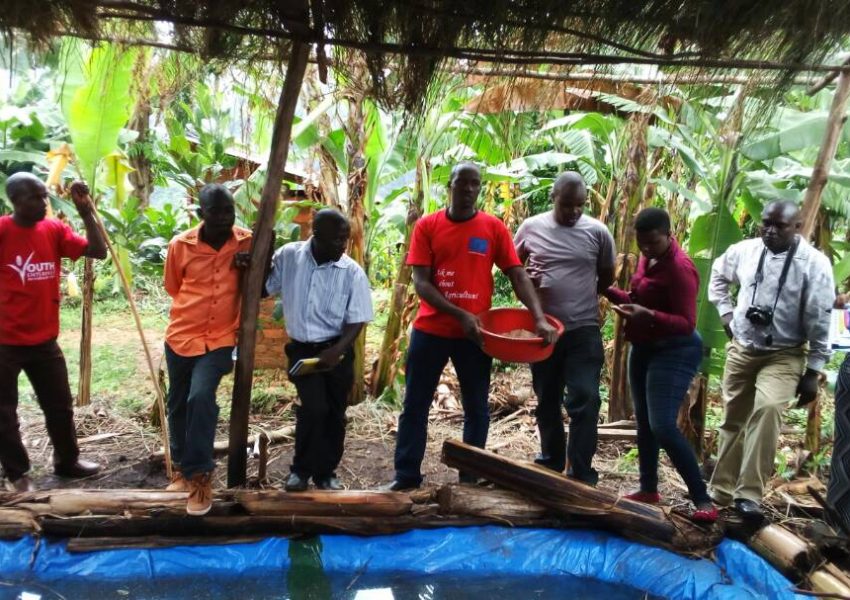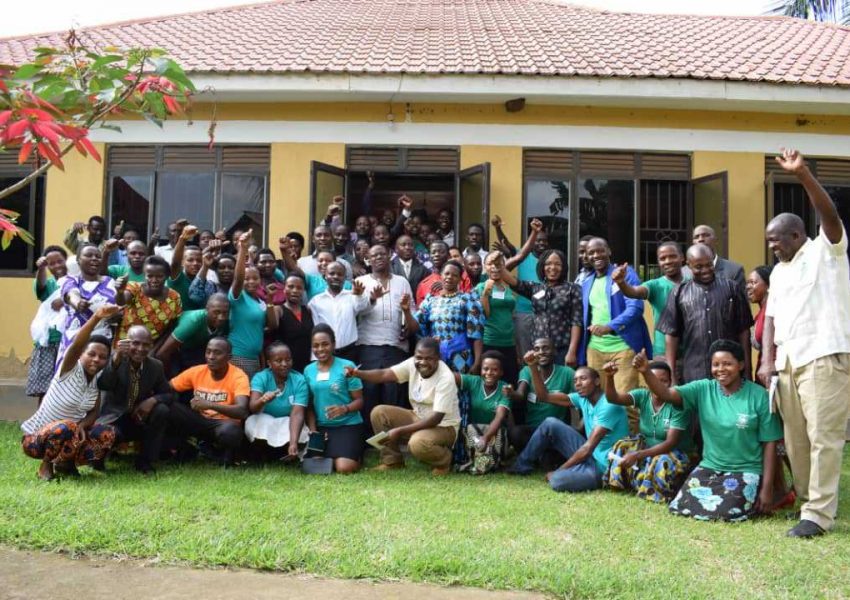
Producers Direct: The importance of an emerging generation of famers
Although 80% of the world’s food comes from small holder farmers, now more than ever they are facing multiple challenges in their production and distribution of coffee, such as changing climates, volatile markets and ageing populations. A cause for concern as according to Food & Agricultural Organization of United Nations ‘60% of the global population depend on agriculture for survival’. It is imperative that the coffee industry works together to support those farmers who need assistance in combating these problems. Despite being crucial for farmers to evolve and overcome these challenges, only ‘15% of farmers trained in traditional methods actually go to make lasting changes to their farms’ and improving outdated practices. Producers Direct believe this top down method of business is failing to promote leaders, stunting entrepreneurism and causing a lack of investment in youth, creating a widening gap between generations of farmers.
Producer’s Direct play a vital role in trying to combat the challenges faced within the coffee industry at origin. A unique charity that is different to many others as it is an organisation led by farmers for farmers. Their approach is focused on ‘’creating opportunities for small holders to share, build upon and strengthen their knowledge and expertise’’ and to give you a picture of the impact these opportunities have created:
Producers Direct Impact
- 1,000,000 + farmers and their families have improved their livelihoods since 2009.
- 87% of farmers diversified into a new form of enterprise.
- 50% increase in income for farmers running additional enterprises.
- 96% of farmers with a new enterprise.
This clear progression in creating additional income is not only creating opportunities for farmers to re-invest in their farms but also help change the negative perception of farming, inspiring the younger generation to see the entrepreneurial opportunities available to them. Producer’s Direct aim to ‘encourage and support youth networks from across their centres of excellence to be involved in agriculture activities’, believing young people play a crucial role in the future of agriculture. This has never been more apparent as the average age of farmers is around 60.
One producing region where Producers Direct and their centre of excellence have a significant influence on youth engagement is Uganda with a recent farmer led training convention focused on ‘’farm diversification innovations and space utilizations’’. During the convention, the young farmers toured the ACPCU factory where they learnt more about the coffee value chain and cupping, a valuable skill when understanding quality and its relevance to price and profit. There was participation in practical training where they learnt about climate smart agribusiness such as using green renewable products and energy in their farming methods. The convention taught young farmers that through climate smart farming they can attain greater and more varied yields using less farm space and money, which leads to better income, investments, and livelihoods.
Producers Direct help young farmers discover ways they can play key roles in sustaining and modernising the agriculture sector, by giving them the ‘’impetus as agripreneurs to interact and encourage other youths in their own communities to change their perception of farming’’. One such example of this is the Global Resilience Partnership, an exchange programme among youth groups in Uganda and Kenya, enabling farmers from different regions to swap farming innovations, identify partnership opportunities, share challenges, and collaborate on solutions. One benefit of different cultures having open dialogue is learning about local specialities each region produces, such as bananas and pineapples being used to make wine. This diverse farming leads to further discussions on how to create value additions for their crops and further diversifying their incomes.
This knowledge exchange between farmers also unearthed common challenges that are universally faced by farmers, these include a lack of loan facility, market linkages and climate variations. Producers Direct stated ‘’out of this arose a plethora of ideas, such as developing a youth savings culture, enabling youth members to borrow and lend money to members’’. This solidarity between farmers around the world enables the coffee farming community to become smaller and more informed in how to increase productivity, income and combat the challenges farmers face.
The benefits of new technology in coffee farming has a massive part to play in the modernisation and progression of the industry. Technology allows for the precise documentation of stock, profits and yields. Satellite imagery enables farmers to adapt to climate change and come up with solutions faster. There are also apps that can identify and evaluate diseased coffee plants, analyse weather patterns, and more importantly share this information with surrounding farms and neighbouring origins. However, as Gatti states ‘technology is an enabler but what matters is the implementation, and the way people use it’. This is where Producers Direct value the importance of new young farmers who are more accustomed to these technologies, having the ability to assist the older generation in understanding and utilising the benefits technology can have on the quality, profitability, and protection of their crops from increasing difficulties within the industry.


25% off
your next order
Enjoy the world's best coffee, freshly roasted & delivered to your door. Sign up to our mailing list for a welcome pack and 25% off your next Cafédirect order!

Thanks for
joining our
mailing list
A welcome pack is on its way and you get 25% off your next Cafédirect order!

